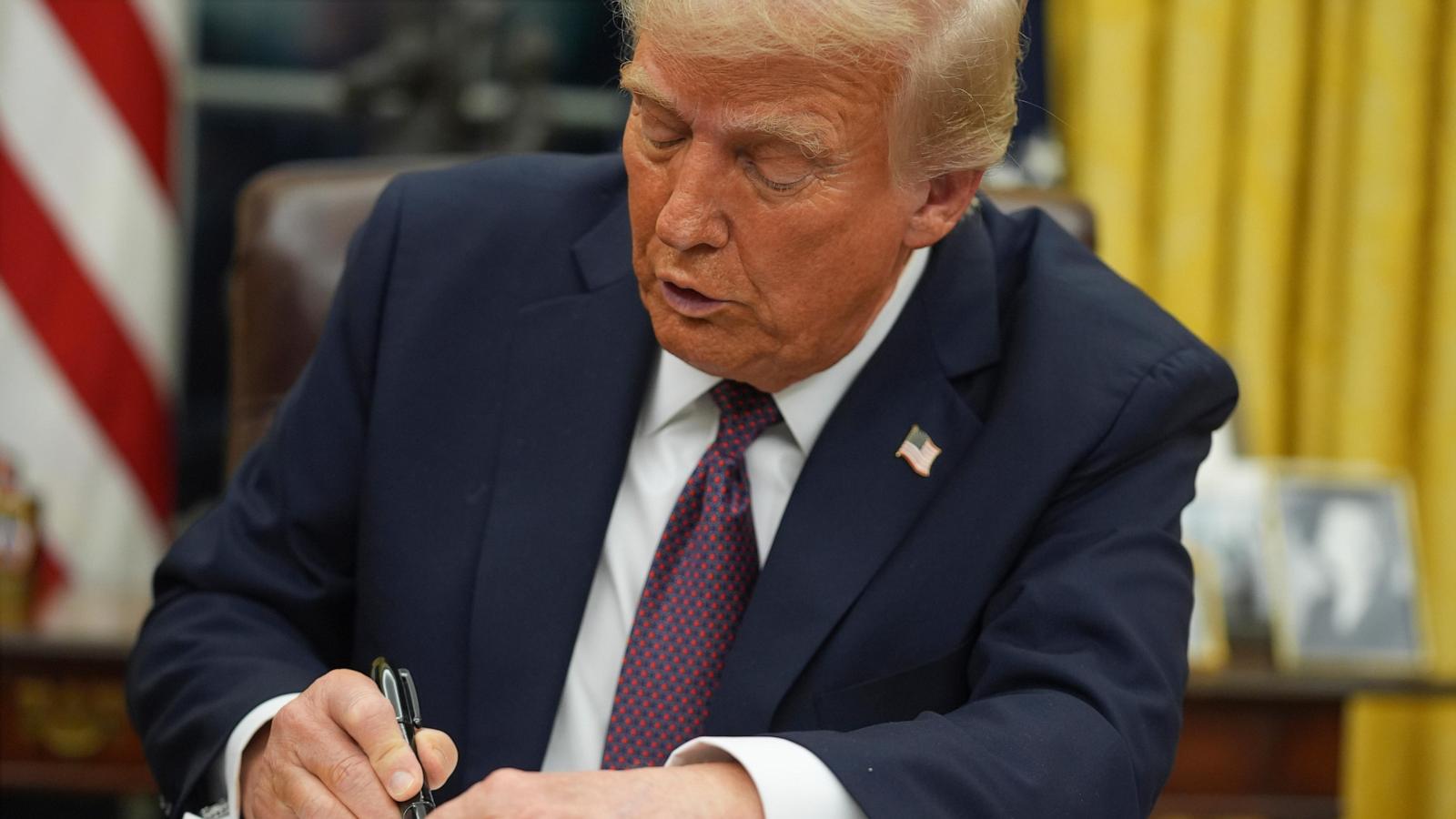Birthright Citizenship Under Attack: A Legal Battle Brewing
The fight over birthright citizenship in the United States has ignited a firestorm of controversy, pitting proponents of immigration reform against those defending a constitutional right. This isn't just some dry legal debate; it's a fight about the very fabric of American society, impacting the lives of hundreds of thousands of children and families. And the outcome? It could reshape our nation's identity forever.
The Heart of the Matter: Jus Soli vs. Trump's Executive Order
The 14th Amendment to the U.S. Constitution, ratified in 1868, guarantees birthright citizenship—the principle of jus soli, or "right of the soil." This means that anyone born within U.S. borders is automatically granted citizenship, regardless of their parents' immigration status. This has been the legal precedent for over a century, upheld in landmark cases like Wong Kim Ark (1898).
However, President Trump's executive order attempts to overturn this long-standing tradition. It argues that children born to non-citizen parents are not subject to U.S. jurisdiction and therefore are not entitled to automatic citizenship. This dramatic shift is being fiercely challenged in courts nationwide.
The Legal Challenges Mount
Multiple lawsuits have been filed by states and immigrant rights groups to block Trump's order, arguing it's unconstitutional and threatens to tear apart countless American families. These lawsuits highlight the deep-seated concern about potential consequences: from separation of families, to the creation of a stateless underclass and the stripping of basic rights. Attorneys general have openly shared personal connections to birthright citizenship, highlighting the impact on a fundamental concept ingrained into the national identity. These personal appeals lend profound emotional weight to the ongoing legal struggle.
The Human Toll: Stories of Fear and Uncertainty
Beyond the legal arguments, the human impact of this debate is palpable. The executive order has instilled fear and uncertainty into the lives of many undocumented families expecting children. The stories of pregnant women facing the potential of their children being denied citizenship demonstrate the profoundly real, emotional consequences of these legal challenges.
A Mother's Fears
The suit mentions "Carmen," a pregnant undocumented immigrant who has lived in the U.S. for over 15 years, and currently has a pending application for permanent residency. Her anxieties are those of countless others facing the same predicament: if the order holds, her unborn child may be denied birthright citizenship—a potential catastrophe affecting her entire family's future. The emotional weight of such a life-altering decision makes this battle even more impactful.
The Broader Implications: A Nation's Identity at Stake?
This isn't just about a single executive order. It's a question that touches the heart of our nation's identity, its commitment to its constitutional principles, and the ongoing discussion regarding the status of its immigrants. This challenge to birthright citizenship has the potential to profoundly influence how the United States perceives itself—and how it relates to those born within its borders.
Redefining Citizenship?
The ramifications of upending the long-standing precedent are vast and uncertain. The legal battle will determine the course of immigration policy for generations to come, casting long shadows over not only families directly affected but on the very definition of American citizenship.
Conclusion: What's Next for Birthright Citizenship?
The legal fight continues, with the federal courts grappling with the immense constitutional implications of President Trump's order. What is certain is that the battle over birthright citizenship will shape the nation for years to come, leaving behind a legacy far-reaching and momentous.
Take Away Points:
- The fight over birthright citizenship involves complex legal and humanitarian issues.
- The 14th Amendment to the U.S. Constitution has traditionally been understood to guarantee birthright citizenship.
- President Trump's executive order sought to reverse this understanding, creating legal uncertainty and impacting numerous families.
- This has sparked multiple lawsuits arguing that this order infringes upon constitutional rights and causes profound harm to both families and the national narrative.
- The legal challenges around birthright citizenship have significant implications for how the U.S. defines itself and approaches matters of citizenship, potentially reshaping national identity in the long term.




